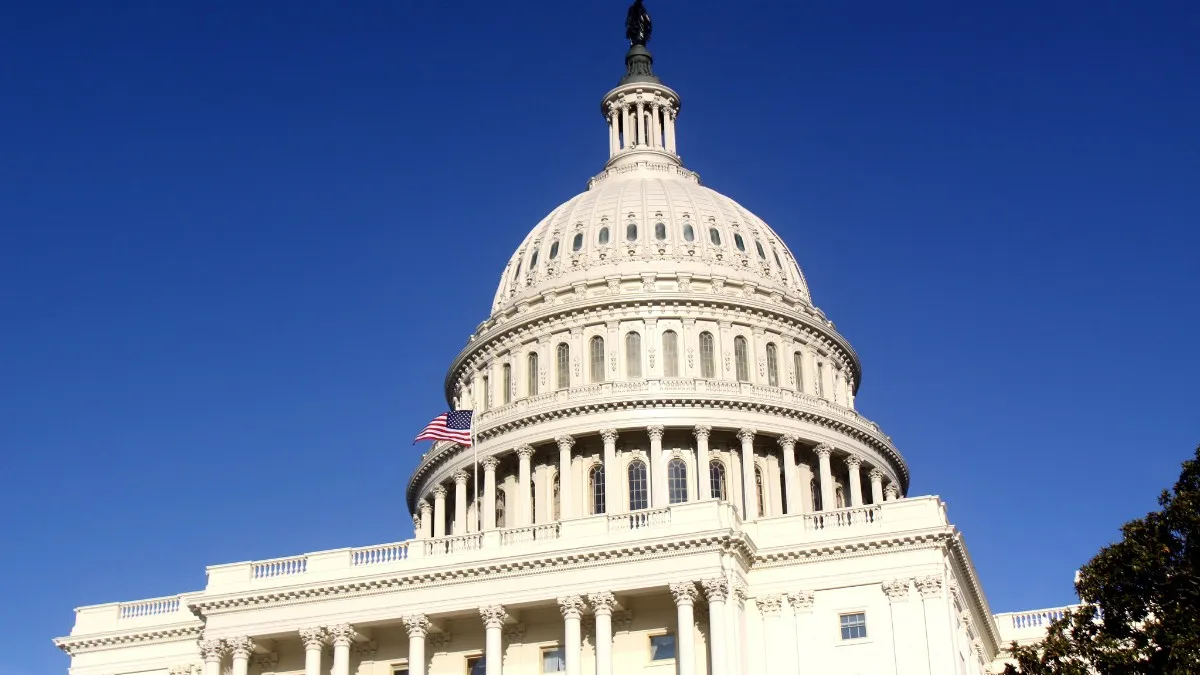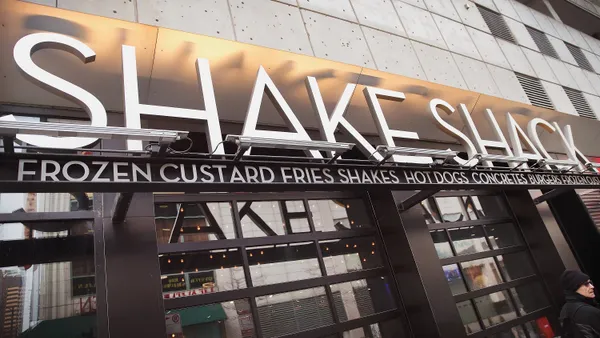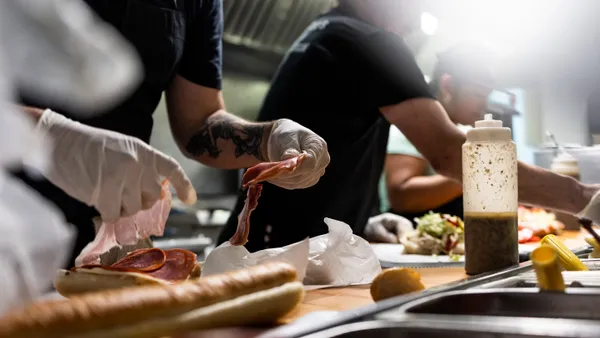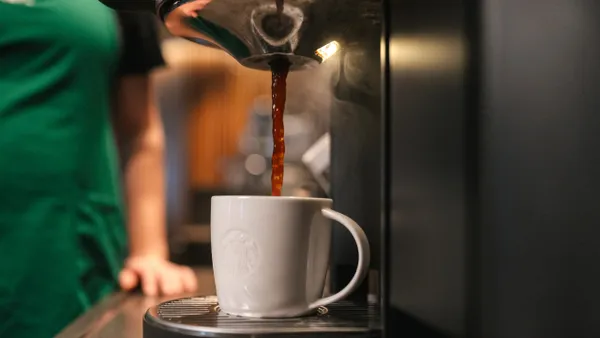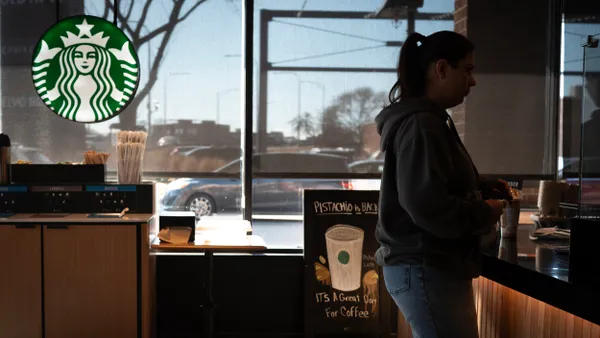UPDATE, March 27, 2020: President Trump signed The Coronavirus Aid, Relief and Economic Security Act into law on Friday afternoon after it passed the House.
Dive Brief:
- The Senate unanimously passed a $2 trillion economic stimulus package — The Coronavirus Aid, Relief and Economic Security Act — late Wednesday to ease economic burdens during the novel coronavirus pandemic, CNN reports.
- The package includes $250 billion for direct payments to individuals and families, $350 billion in small business loans, $250 billion in unemployment insurance benefits and $500 billion in loans for distressed companies.
- “Restaurants and employees have been community lifelines during the coronavirus crisis — all while dealing with a catastrophic cash flow crunch, massive layoffs, and in too many cases, total shutdowns,” Sean Kennedy, EVP of public affairs for the National Restaurant Association said in a statement emailed to Restaurant Dive. “We applaud President Trump and bipartisan congressional leaders in crafting a relief bill that gives unique recovery options to the restaurant industry.”
Dive Insight:
This stimulus package will be particularly beneficial to restaurant workers. The NRA previously projected that 5 million to 7 million people in the restaurant industry could lose their lobs in the next three months.
With unemployment claims surging to over 3 million this week, the additional benefits will help thousands of restaurant workers who have already lost their jobs due to forced restaurant closures. These additional unemployment benefits include a weekly $600 check for four months in addition to traditional benefits offered through states.
This doesn’t include direct payments that will be offered to individuals and families. Individuals earning $75,000 or less in adjusted gross income will get payments of $1,200, with married couples earning up to $150,000 receiving $2,400 in direct relief. Average restaurant worker salaries are around $20,000, according to ZipRecruiter.
The loans offered will also provide forgivable debt as long as small and medium businesses pay their employees. That could make the loans more attractive, especially because some business owners may not opt to take on additional debt during a time of uncertainty.
The NRA previously requested over $400 billion in financial relief, loans and insurance options for the industry. While the stimulus package addresses some of these requests, it doesn’t address everything, such as $100 billion in federally backed business interruption insurance.
“This measure is an important first step to help restaurants weather the storm, take care of our employees, and prepare for when we are given the signal to open our doors once again,” Kennedy said. “There are challenges that remain before the restaurant industry, and we look forward to working with federal and state leaders to find solutions to support the cornerstone of every community.”



